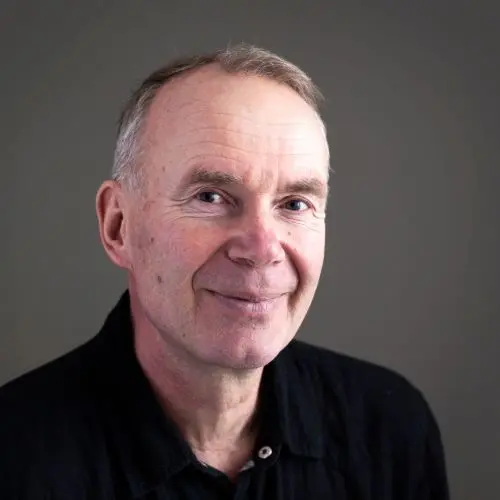Master Programme in Religious Studies 120 cr
This is the master’s programme in which you will be studying the interplay between man, society, culture, religion and peoples’ religiousness past and present. In other words, we are adopting a broader perspective and will not only be focusing on the major, traditional religions. In addition, the entire programme is to be a distance tuition course. Welcome to an education which is quite unique to Sweden.
Credits
120 cr
Application code
HIG-19212
Application deadline
januari 15, 2024
Form of education
Distance learning
Language
English
Study time
september 2, 2024–juni 7, 2026
Prerequisites
A completed Bachelor's degree, corresponding to a Swedish Bachelor's degree (180 ECTS), or equivalent academic qualifications from an internationally recognised university.
Religion as Major (90 ects) or equivalent
English language proficiency equivalent to (the Swedish upper secondary school) English course B/6.
Selection
Higher education credit
Credits
120 cr
Application code
HIG-19213
Application deadline
april 15, 2024
Form of education
Distance learning
Language
English
Study time
september 2, 2024–juni 7, 2026
Prerequisites
A completed Bachelor's degree, corresponding to a Swedish Bachelor's degree (180 ECTS), or equivalent academic qualifications from an internationally recognised university.
Religion as Major (90 ects) or equivalent
English language proficiency equivalent to (the Swedish upper secondary school) English course B/6.
Selection
Higher education credit
About the programme
The programme focuses on the interaction between culture and religion, between individuals and societal contexts. Values and norms that govern existential orientation are identified.
The master programme not only observes Swedish conditions, but has an international dimension: historically, cultural forms of understanding develop in interaction with different cultures. Muslim culture can not be understood without its roots in renaissance culture, which is also part of the Western European cultural heritage. Through a historical / comparative perspective on culture and religion, many of today's cultural issues get a broader perspective than the narrow nationalist or "monocultural" perspective. Understanding of the cultural background of others leads to a deeper understanding of one's own cultural background and patterns of understanding.
The program comprises four specifications:
- Environment, health and working life
- Ethics and leadership
- The place of religion in the post-modern society
- Religion and folklore in history and present
The specifications form different aspects of the interconnected theme, which is the relationship between religion and the changing societal context in which religion is expressed. The specifications are also linked to the University's goal of working towards a sustainable living environment. Here it is especially the importance of human existential dimension and cultural self-understanding as well as the need for a holistic approach in different areas - health, leadership and more - which is at the forefront when dealing with issues considering a sustainable living environment.
Degree
Degree of Master (120 cr)
Fields within the programme Year 1
Four areas of specialisation
The course of education relates to health-promoting working life — one of the university’s core areas. The significance of man’s existential dimension, his cultural self-definition and the need for a holistic approach are given priority.
The course of education is divided into the following areas of specialisation: - Environment, health and working life
- Ethics and leadership
- Religion’s place in the post-secular society
- Religion and folklore – past and present
Preparatory research course
The programme is primarily intended to prepare the student for research but will also help you prepare for different professional roles. We can also offer a transition to research studies in the teacher training programme. In the long run, we hope that religious science will form a part of graduate studies at the university.
Increased need in a multicultural society
Many occupational sectors, as a result of globalisation and increased migration from Asia and Africa, will require staff with high level of education and cultural competence. After the programme, you will be able to work at a school, a municipality, within the social services and at government agencies such as the Swedish Migration Board and the Swedish Prison and Probation Service. Museums, companies, national and international relief organizations need this kind of competence in a multicultural society.
This page was last updated 2024-04-19

